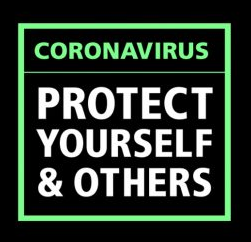DWP Update on Corona Virus

06/03/2020
News
The following information has been issued by the DWP following an enquiry raised by NHS Health Scotland.
This information provides helpful advice for people subject to self-isolation who:
- Are existing DWP customers;
- Are in work but not entitled to sick pay, therefore require to make a claim for benefits.
Please see link to update on gov.uk about claiming UC or new style ESA if unfit for work due to Coronavirus.
The DWP Press Office tweeted the information below.
???? Don’t worry if you can’t attend your jobcentre appointment because of self-isolation
✅ You will not be sanctioned
???? ???? Contact your Work Coach online or by phone
Protect yourself and others against #coronavirus
For more information, visit https://t.co/1Ufc4EZMde pic.twitter.com/LJVpis55e8
— DWP Press Office (@dwppressoffice) March 4, 2020
In addition, if a child’s school or childcare service has been closed parents need to:
- For Legacy Benefit claimants – phone the DWP to say you can’t attend their interview, medical assessment or other appointment. Legacy benefits are benefits and tax credits that are being replaced by universal credit such as JSA and ESA.
- Universal Credit claimants – contact your work coach by phone or journal.
Each case will be treated on an individual basis dependant on the persons individual circumstances. DWP should not sanction and should keep benefits running etc. as long as they are informed.